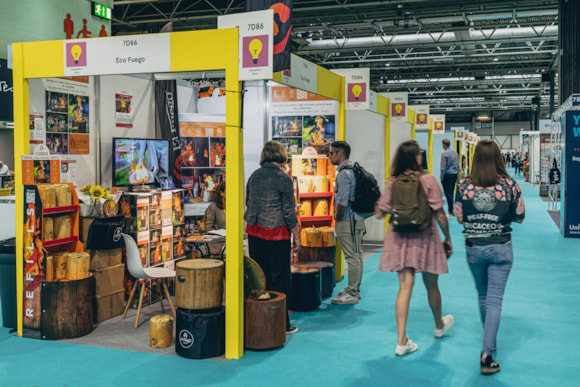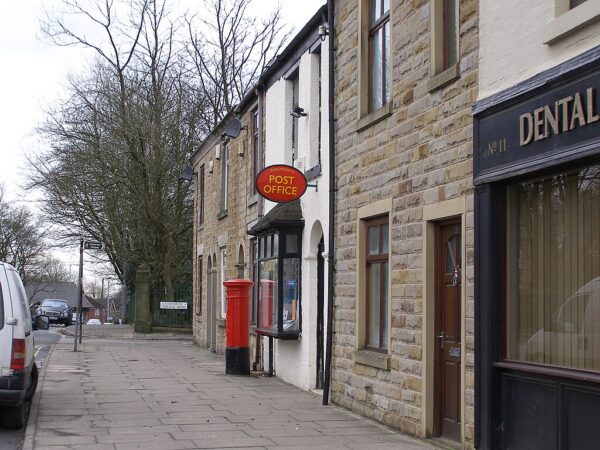The British Retail Consortium has reported that shop price annual inflation accelerated to 0.8% in December, up from 0.3% in November. This is above the 12 and 6-month average price decreases of 0.9% and 0.3%, respectively. Following November’s rise, this is the second time that prices have risen since May 2019.
Helen Dickinson OBE, Chief Executive of the British Retail Consortium, said: “Consumers may have noticed that their Christmas shop became a little more expensive in December. Not only did prices rise, but did so at a faster rate, especially in food. Food prices were falling earlier on in 2021, but the acute labour shortages across supply chains, amongst other factors, led to the year ending with a notable increase; for example, fresh food saw the largest rate of inflation in almost a decade. Year-on-year non-food products were deflationary, but prices rose across the board on the previous month.
“The trajectory for consumer prices is very clear: they will continue to rise, and at a faster rate. Retailers can no longer absorb all the cost pressures arising from more expensive transportation, labour shortages, and rising commodity and global food prices. Consumers will already be harder pressed this year, with rising energy bills, the looming hike in national insurance, and more expensive mortgages. Government should relieve some of these costs by looking for long-term solutions for resolvable issues such as labour shortages.”
Non-Food deflation accelerated to 0.2% in December compared to the decline of 0.1% in November. This is a slower rate of decline than the 12- and 6-month average price declines of 1.7% and 0.9%, respectively.
Food inflation accelerated to 2.4% in December, up from 1.1% in November. This is above the 12- and 6-month average price growth rates of 0.3% and 0.6%, respectively. This is the highest inflation rate since March 2019. Fresh Food inflation accelerated significantly in December to 3.0%, up from 1.2% in November. This is above the 12- and 6-month average price growth rates of -0.2% and 0.5%, respectively. This is the highest inflation rate since April 2013.
Ambient Food inflation accelerated to 1.7% in December, up from 0.9% in November. This is above the 12- and 6-month average price increases of 1.0% and 0.9%, respectively. This is the highest rate of increase since March 2021.
Mike Watkins, Head of Retailer and Business Insight, NielsenIQ, said: “After a challenging Christmas period, consumers are facing higher energy, travel and for some mortgage costs and the underlying price inflation in retail may only make it more difficult to entice shoppers to spend in January. But it is weak consumer confidence and uncertainty around the pandemic rather than shop price inflation which will have the biggest impact on demand at the start of the year”.

















